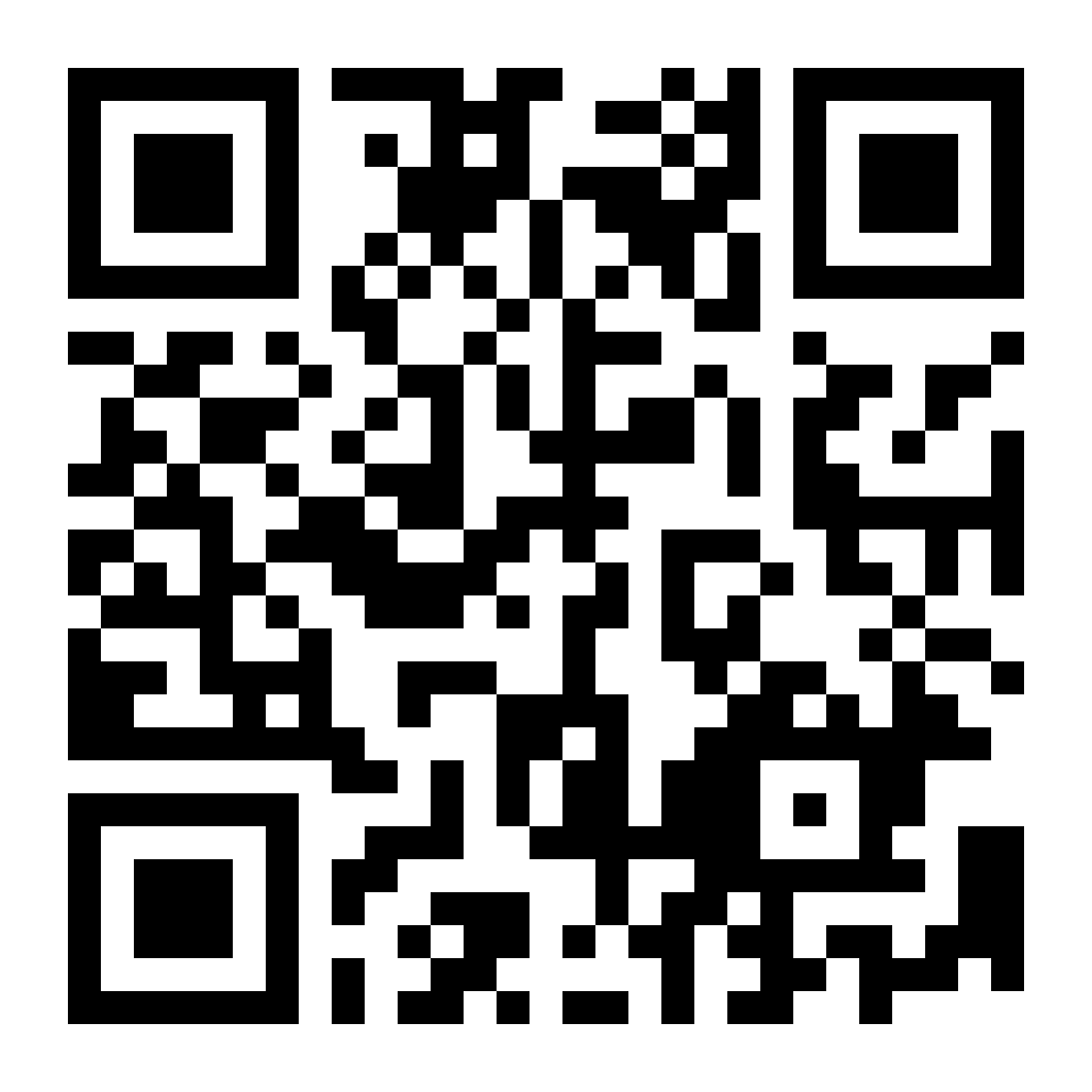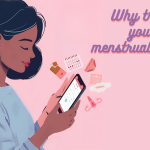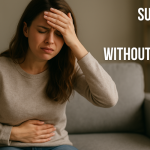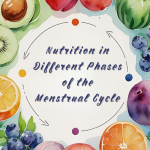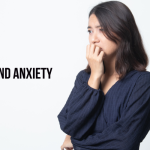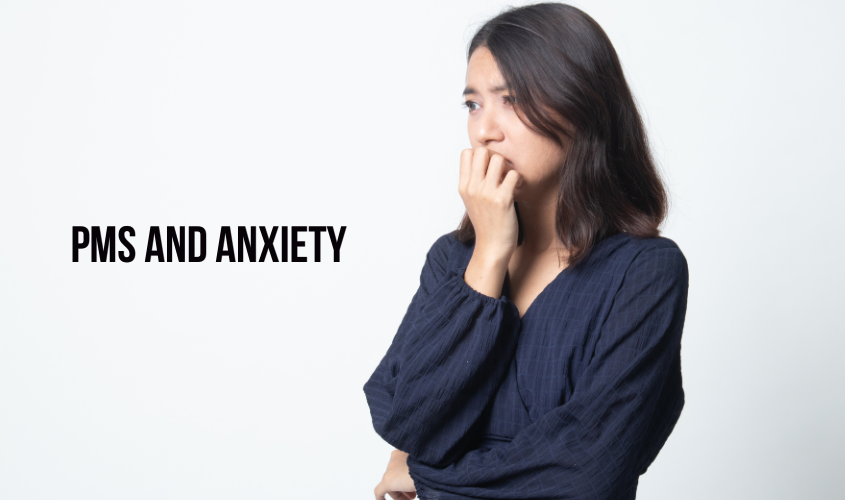
- 13.08.2025
- Menstrual Health Blog
Premenstrual syndrome is a wide range of signs and symptoms, emotions, and mood swings. Most often, PMS starts with anxiety. Today we will talk about it.
1. Premenstrual Syndrome — what is it?
This syndrome starts to be felt about a week or two before the onset of menstruation. Each person has different symptoms, but there are certain similarities. You’ve probably noticed that with each new phase of your menstrual cycle, your bodily sensations, emotional state, and even thoughts change.
Anxiety is like the “rider” of PMS. It affects every second woman during this period. Apathy, low mood, and self-rejection indicate the imminent start of menstruation and disappear as soon as the first menstrual bleeding begins. Bodily sensations usually repeat like a scenario, but each month they can vary from barely noticeable to strongly pronounced.
You should not let these feelings completely consume you.
2. Symptoms of PMS
Everyone experiences this period in their own way, but there are certain signs that indicate premenstrual syndrome.
Let’s start with emotional symptoms — they often take over and control our thoughts and actions.
Emotional signs:
Feeling of anxiety
Low mood
Mood swings
Food cravings
Poor concentration
Changes in libido
Insomnia
During this period, it’s better to rest more. Lack of rest causes anxiety and prevents you from sleeping at night. You should completely avoid stress, and it will be easier to get through moments of apathy and low mood. Meditation, yoga, and stretching can also help you.
Physical signs:
Joint pain
Fatigue
Headache
Constipation
Diarrhea
Skin rashes on the face and body
Breast tenderness
Bloating
These symptoms should be addressed as they appear. If you experience severe physical pain, it is better to see a doctor. Despite minor pain in the joints or muscles, light physical activity or a warm bath can ease your condition.
It’s important to note all the symptoms you feel during different phases of your cycle. The Selin app — like a personal assistant — can store all the information about your body and health during these days.
3. Causes of PMS
Unfortunately, it is impossible to pinpoint a single cause, as PMS is the result of complex changes in the female body. The greatest impact on the body is, of course, hormonal changes — usually due to hormone instability after ovulation. Robert T. Frank, MD, described the premenstrual phase as a time when women experience “inner anxiety, irritability, as if wanting to crawl out of their skin, and the urge for impulsive actions.”
4. How to avoid anxiety and other symptoms during this period?
It’s very difficult to control yourself during PMS. Hormones take over and sometimes cloud your mind. The first and most important step — the so-called stage of acceptance — is to realize that not everything around you is bad; your period is just approaching. Here are some tips on how to avoid anxiety:
Aromatherapy — an ancient form of stress relief. It is said that inhaling something pleasant can reduce stress levels in the body. Melissa Young, MD, states: “Aromatherapy has deep roots. It has been used throughout history to improve health, and many of today’s studies show just how beneficial it can be in certain situations.”
Identify and avoid stressful situations. The most important thing is to find your trigger zone — what bothers you even on normal days. Try to avoid people who bring you discomfort or stress, and set a clear boundary between yourself and your nerves.
Keeping a journal and practicing mindfulness. If your mind feels overloaded, write everything down in a journal — all the thoughts that disturb you. Give yourself space to think and calm down. You can record all your notes about women’s health in the Selin app.
Tune into your inner sensations. You may feel low because you’re ignoring yourself and your desires. Acknowledging your feelings is the first step to relief.
5. Prevention — is it possible to avoid PMS?
Yes, it is! If you track your menstrual cycle and know exactly when to expect it, you can prepare. Avoid stress, intense physical activity, and listen to yourself and your body. Unfortunately, we can’t control the rise or drop of certain hormones, but we can learn to live in sync with the changes. Doctors recommend limiting caffeine, alcohol, and salty foods. These products retain water in the body and slow down metabolism. Eat vegetables and fruits. I know that during this period you crave sweets — but it’s better to replace sugar with healthier options. Sleep more — this will help reduce your anxiety and eliminate fatigue. A proper sleep routine will help prevent intense bodily reactions to PMS.
Olga Savchenko, Doctor of Medical Sciences, Obstetrician-Gynecologist
